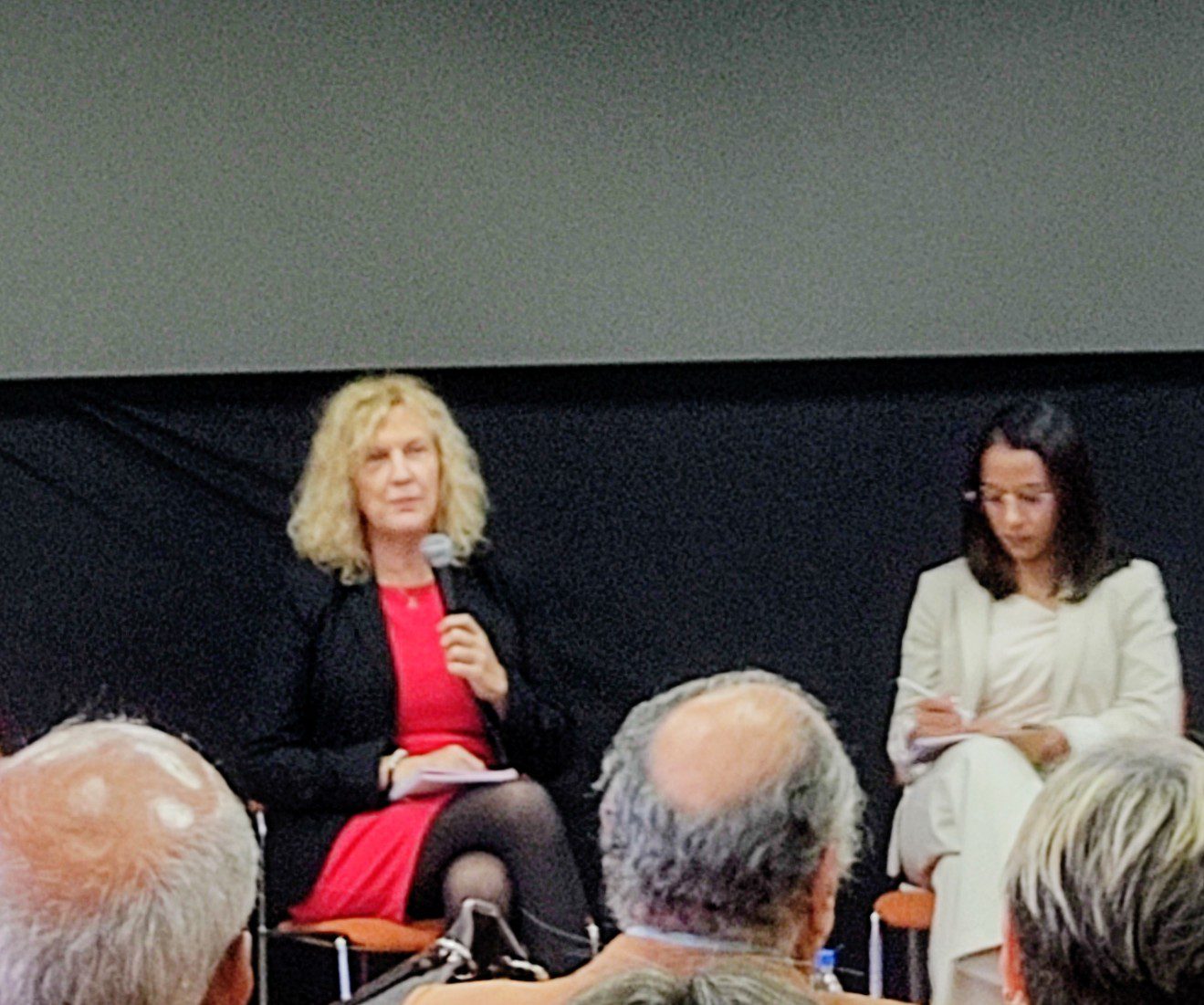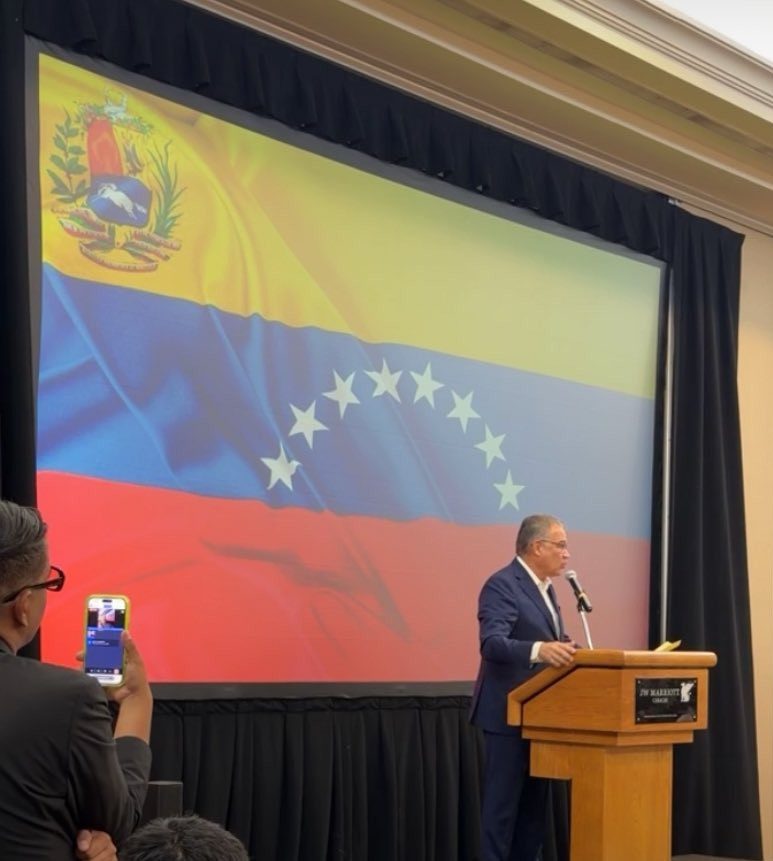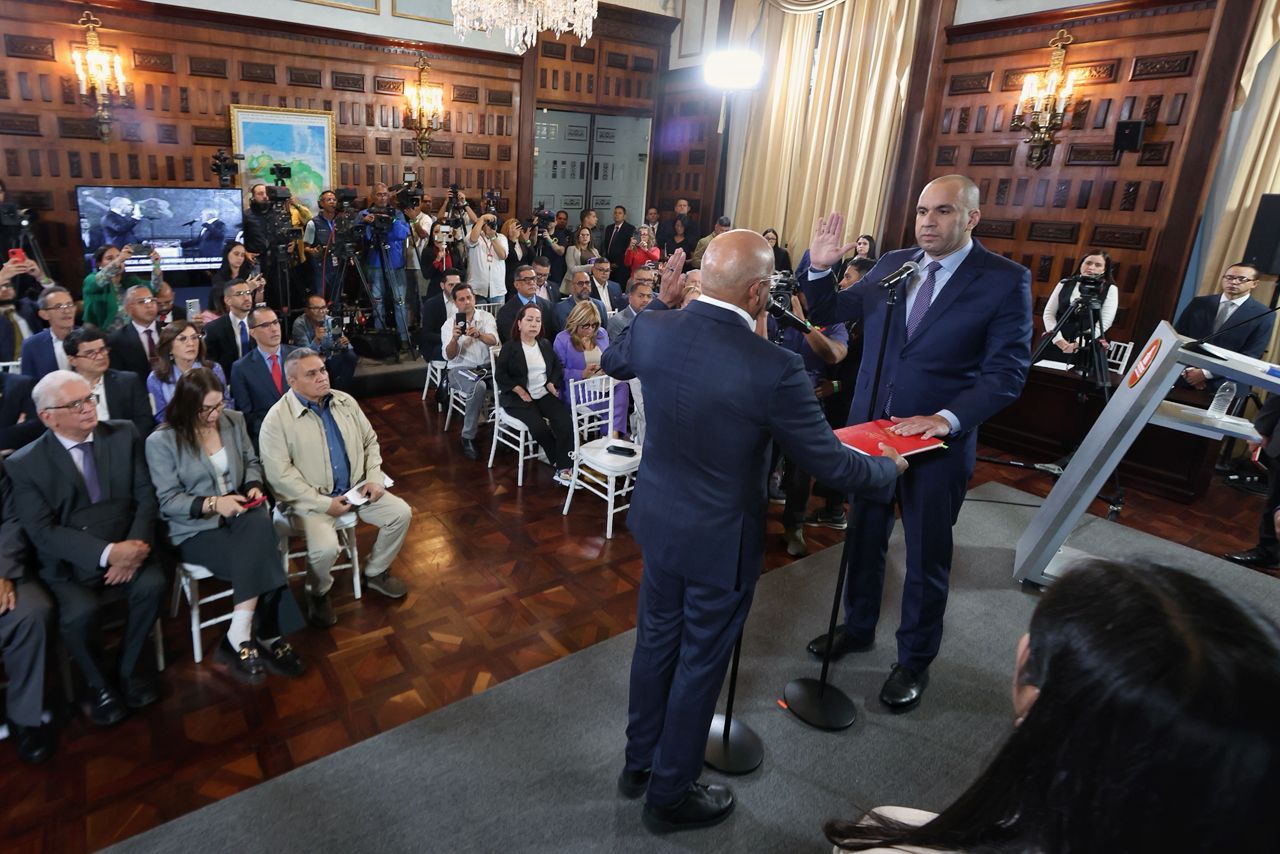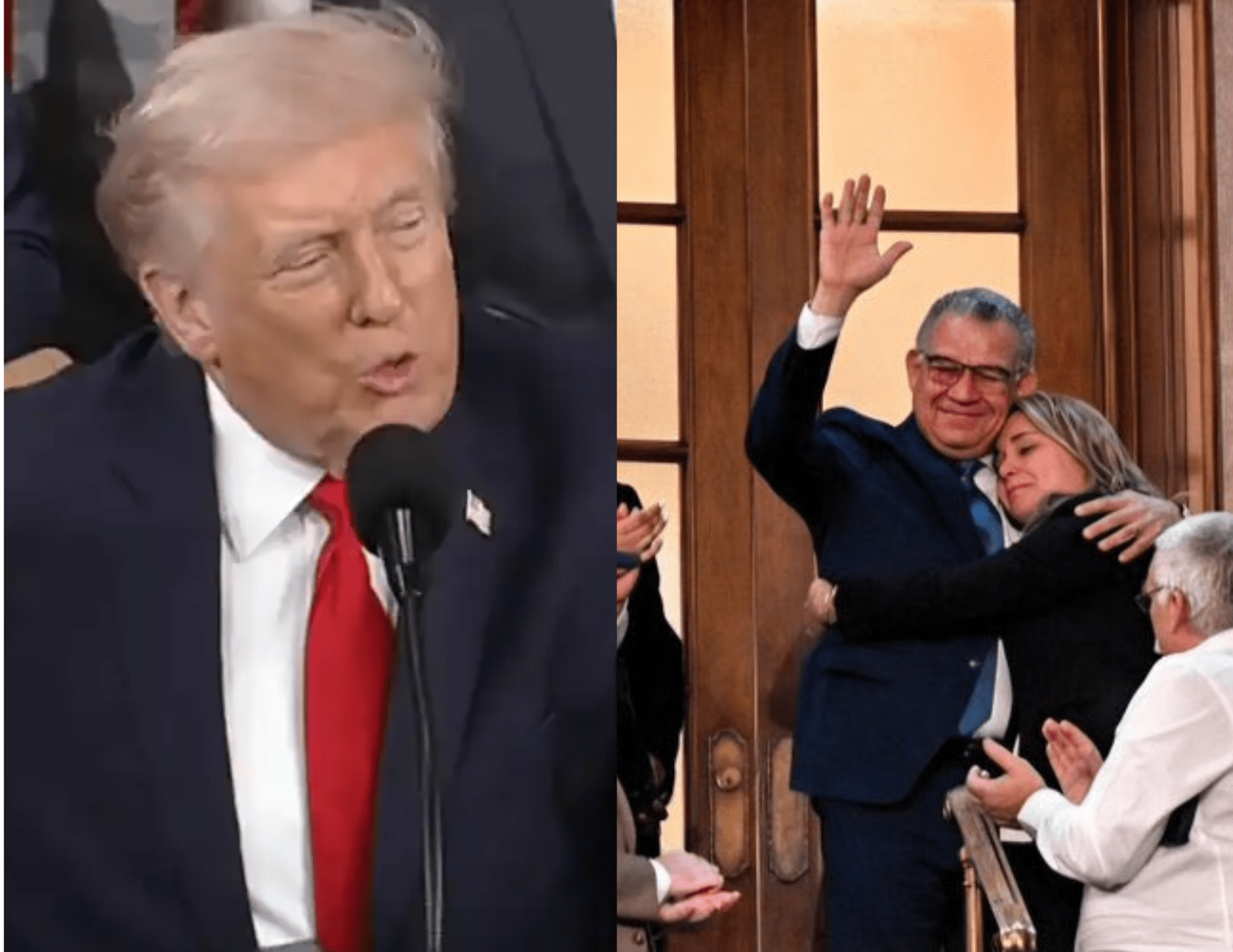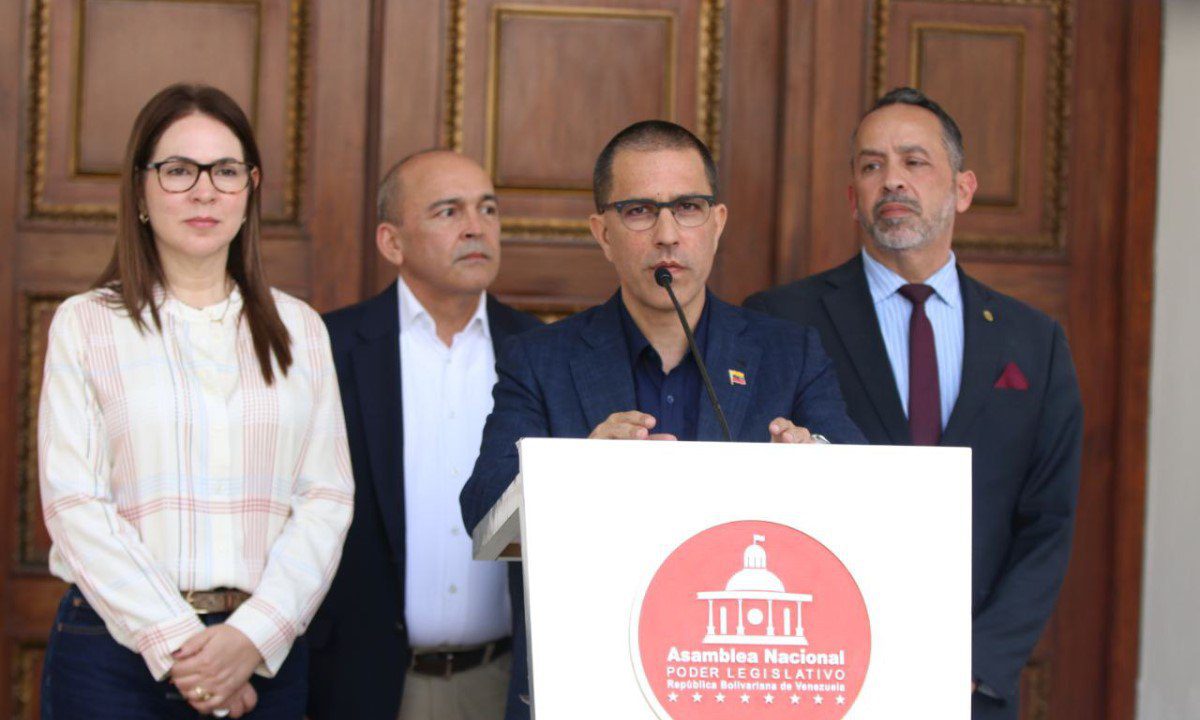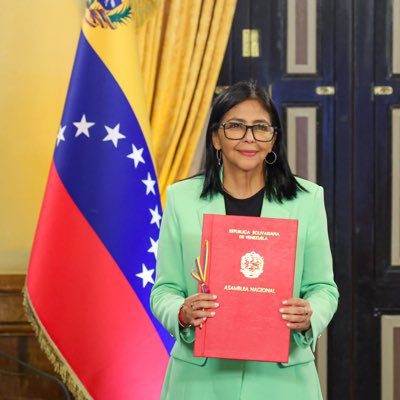In recent days, Nayib Bukele visited the United States. Photo: Presidential House of El Salvador
Guacamaya, April 21, 2026. Salvadoran President Nayib Bukele offered to exchange 252 Venezuelans detained in his country for the release of political prisoners in Venezuela. The proposal triggered a sharp response from Nicolás Maduro’s government, which denounced the move as “kidnapping,” human rights violations, and practices comparable to Nazism. The controversy escalated with mutual accusations regarding the legal status of the migrants and the lack of evidence linking them to gangs.
In a post on X this Sunday, Nayib Bukele proposed an unprecedented exchange: repatriating 252 Venezuelans currently held in the Salvadoran megaprison Cecot—deported from the United States—in exchange for the release of an equivalent number of political prisoners in Venezuela. According to Bukele, these would include relatives of opposition leaders, among them the son-in-law of Edmundo González Urrutia.
However, the offer was immediately rejected by Caracas, which described the detention of the migrants as an act of “neo-fascism” and “tyranny.”

Venezuelan Attorney General Tarek William Saab responded in a statement that Bukele “admits to holding the citizens hostage,” who are allegedly in a state of “forced disappearance” in a “concentration camp.” He accused the Salvadoran leader of acting “outside the law” and committing crimes against humanity, comparing the treatment of migrants to “Nazi practices of the 20th century.”
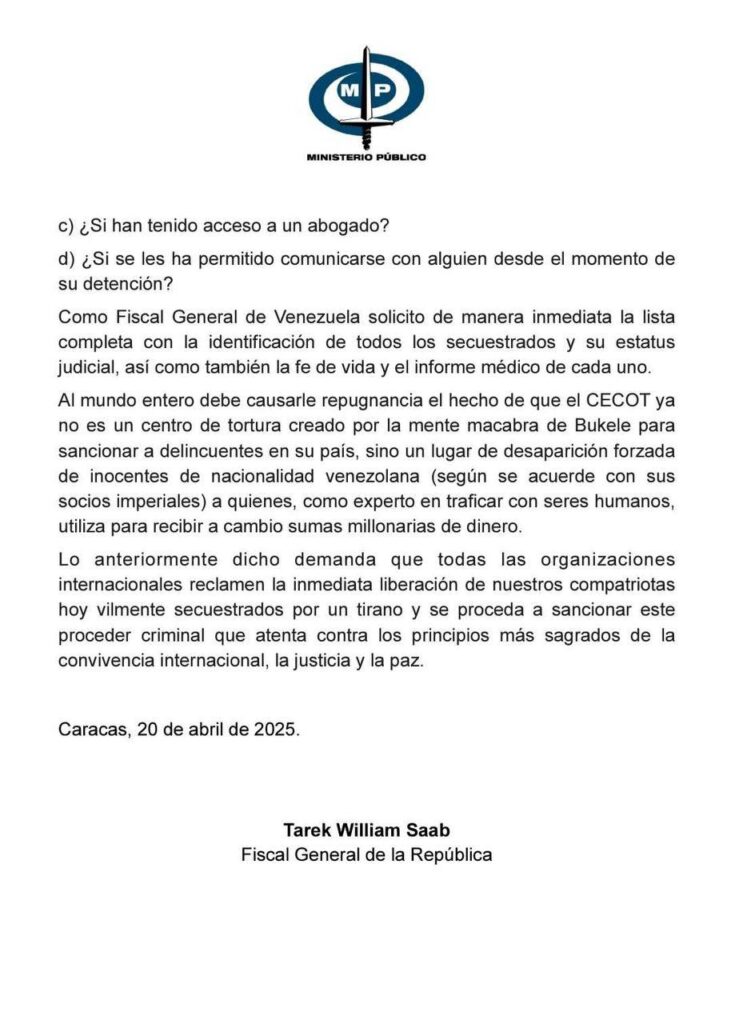
The conflict arises in a context of migratory tensions. The United States and El Salvador claim that most of the deported Venezuelans are linked to gangs such as Tren de Aragua or MS-13, although no conclusive evidence has been presented. Several studies by intelligence agencies cited in the U.S. press and statements from judges in that country have determined that most Venezuelans sent to El Salvador do not even have criminal records and, therefore, have no ties to Tren de Aragua. The deportation proposal has been supported by the current Secretary of State, Marco Rubio.
Venezuela, on the other hand, insists that they are innocent migrants “kidnapped” and demands urgent information about their legal status, access to lawyers, and health conditions.
Saab announced that he has formally questioned the Salvadoran Prosecutor’s Office and Supreme Court to demand answers about the charges against the detainees, due process, and their right to communicate with their families. He also requested the complete list of detainees, their judicial statuses, and medical evaluations, while insisting on taking the case to the UN for violations of international law.
Bukele’s proposal, as a key ally of the United States and with several Venezuelan advisors linked to the opposition, reignites the debate over his government’s methods and the rights of migrants amid a regional crisis. While El Salvador defends its security strategy, humanitarian organizations warn about arbitrary detentions and the opacity of the prison system. The international community closely watches whether this diplomatic standoff will escalate to global judicial instances.


